[spacer height=”20px”]
Professional Carpet Cleaning

Wastewater from carpet cleaning may contain common pollutants that can enter our waterways
[spacer height=”20px”]
Garden Centers

Sprinkler runoff from greenhouses, garden centers and nurseries can carry pesticides and fertilizers into the storm drain system
[spacer height=”20px”]
Trash & Dumpster Management
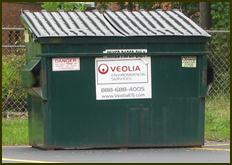
Minimize or prevent the discharge of floating materials and pollutants into storm water runoff from trash and garbage collection containers
[spacer height=”20px”]
Parking Lots
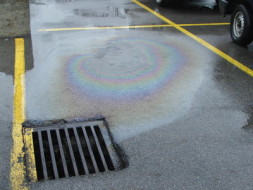
Parking lots can contribute trash, suspended solids, hydrocarbons, oil, grease and heavy metals to receiving waters via stormwater runoff or discharges
[spacer height=”20px”]
Stormwater Ponds
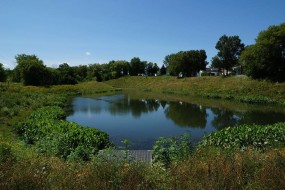
Stormwater management ponds are constructed to reduce the risk of flooding during heavy rainfall and limit the amount of pollution entering local waters
[spacer height=”20px”]
Professional Power Washing
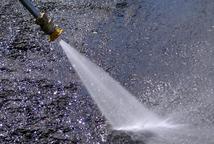
Wash water from surface cleaning activities often carries pollutants that can harm wildlife species that depend on healthy waterways for their survival
[spacer height=”20px”]
Restaurants

Good cleaning practices to stop stormwater pollution for the environmentally responsible restaurant
[spacer height=”20px”] Concrete Washout 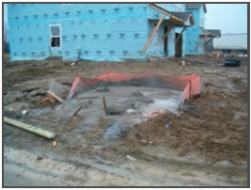 Concrete washout is highly alkaline, caustic, and corrosive. It can pollute surface water and groundwater and reduce water clarity
Concrete washout is highly alkaline, caustic, and corrosive. It can pollute surface water and groundwater and reduce water clarity
[spacer height=”20px”] Car Wash Fundraiser  Properties and parking lots used for fundraiser are mostly designed to handle rain (clean water), not water with soap and chemicals
Properties and parking lots used for fundraiser are mostly designed to handle rain (clean water), not water with soap and chemicals
[spacer height=”20px”]
Construction Practices
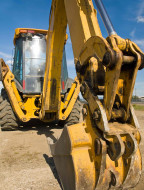

[spacer height=”100px”]Uncontrolled stormwater runoff from construction sites can significantly impact rivers, lakes and estuaries. Sediment in waterbodies from construction sites can reduce the amount of sunlight reaching aquatic plants, clog fish gills, smother aquatic habitat and spawning areas, and impede navigation